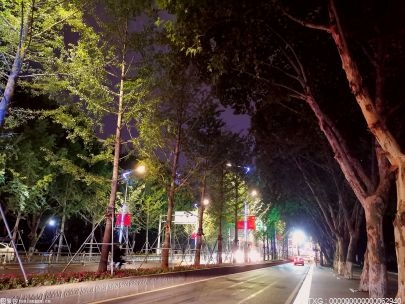amaze, astonish, surprise, shock都含有一定的“惊讶”之意
amaze vt.使吃惊,程度比surprise强(= surprise very much),一般指好事;(be amazed at sth./ to do sth.)
astonish vt.使惊愕,指使人大吃一惊(= surprise greatly),含有几乎使人无法相信之意,是个语气较强的词;sb. be astonished at(by) sth./ to do sth./ that...“被(因)……惊吓”
 【资料图】
【资料图】
surprise vt.使惊异,指由于突然的事情使人产生惊奇,有出乎意料的含义;普通用词,语气最弱; (sb. be surprised at/ by sth./ that.../ to do sth.; feel surprised at...“对……感到惊讶”;in surprise“吃惊地,在震惊中”)
三个词在用法上基本相同,可互换,只是语气上有所差别。
shock vt./ vi.指强烈冲击在肉体上或思想感情上所产生的效果。
【典例分析】
1. The silk’s elegance and palace’s mightiness amaze the guests.
丝绸的华丽与典雅、宫廷的大气与尊贵,令与会的嘉宾惊叹。
2. A matter of repeated occurrence like this will not astonish people.
这样司空见惯的事,不会使人吃惊。
3. The surprise twists in the story-line are the film’s greatest strength.
该影片最精彩之处就是剧情的曲折离奇。
(to one’s surprise/ to the surprise of sb“使某人惊奇的是”)
4. Shocking as it sounds, failure can be a good thing.
听起来有些令人震惊,失败可能会是一件好事。












